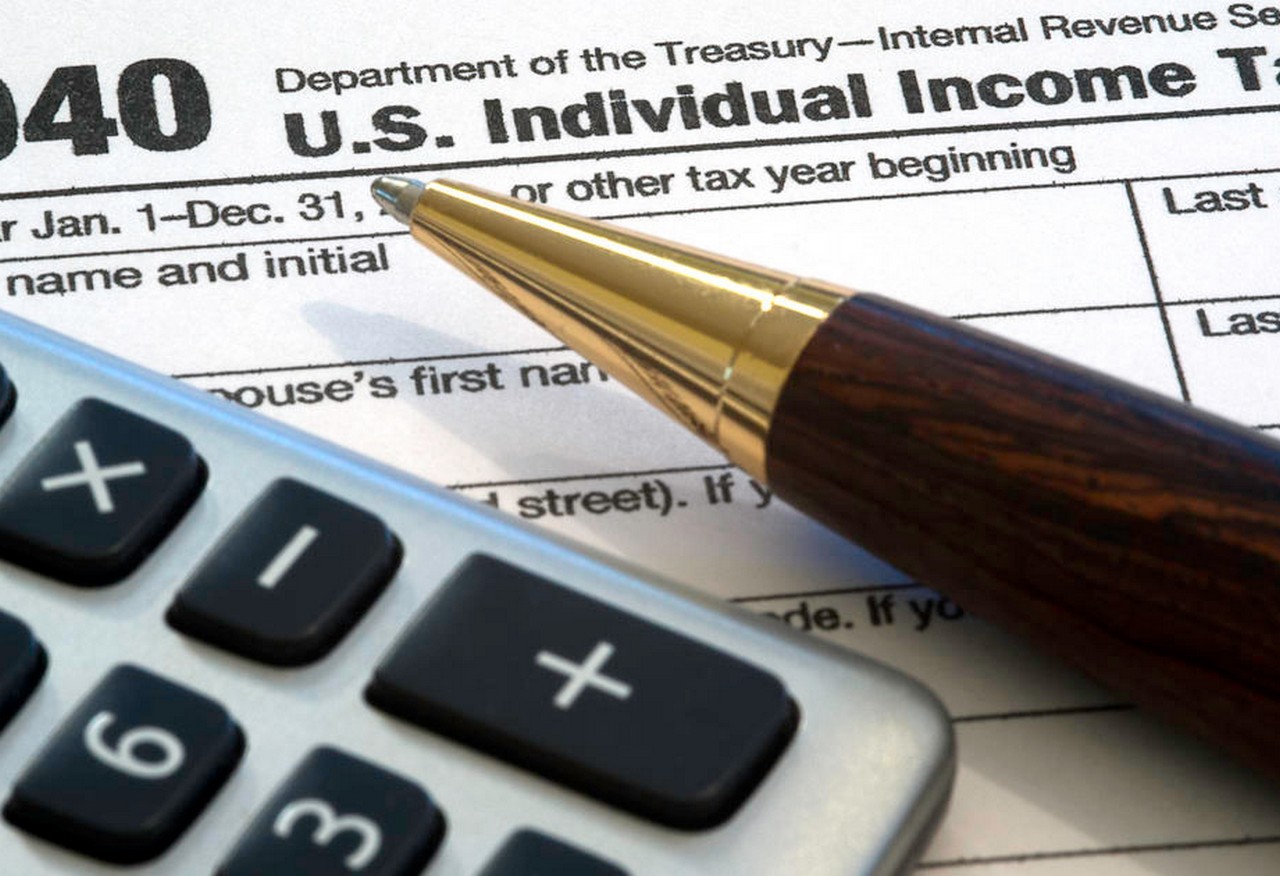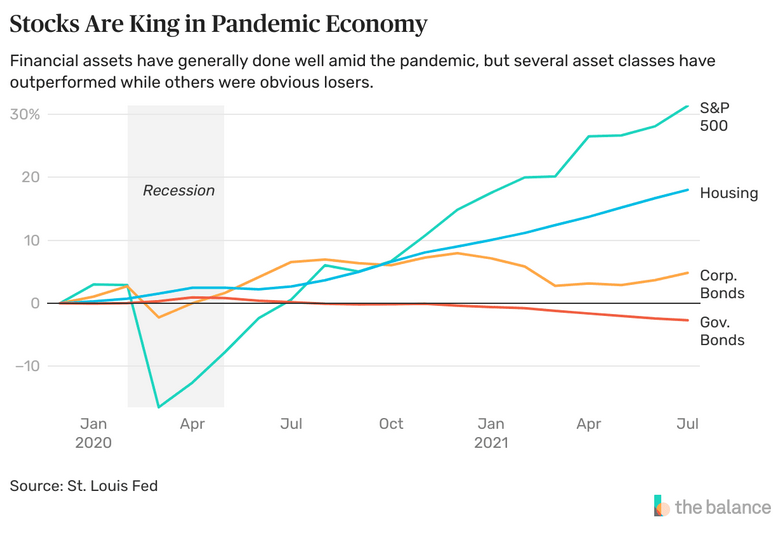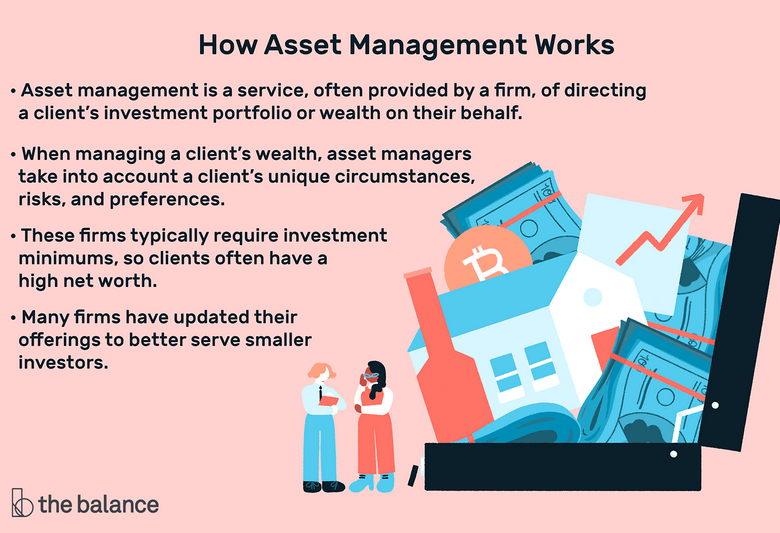- Firms difficulty shares to lift enterprise capital.
- People should buy shares to earn returns by way of dividends and capital appreciation.
- Shareholders can personal both frequent or most popular inventory, and shareholders are completely different from bondholders and stakeholders.
Definition and Examples of Shareholders
Shares symbolize a fractional possession curiosity in an organization. As a result of a shareholder owns a number of shares of inventory in an organization, a shareholder is a partial proprietor of the corporate.
A company might provide shares by way of an preliminary public providing (IPO) as a result of it needs to transition from a personal to a public firm, increase cash for enlargement, develop new services and products, or repay debt. The general public should purchase these shares by way of a brokerage agency.
When you’re a shareholder, you’ve gotten a declare to the corporate’s earnings and property, and a proper to vote on sure administration choices. For instance, in Could 2021, the shareholders of Chevron Company voted to approve a proposal to scale back emissions from using its merchandise.
Observe
Shareholders can suggest and elect members to the board of administrators.
Varieties of Shareholders
To grasp the sorts of shareholders there are, it’s important to begin on the two primary sorts of shares an organization might difficulty: frequent and most popular. Once we talk about shareholders, we’re normally referring to those that personal frequent inventory versus most popular inventory.
A standard shareholder is what is named a “residual claimant,” which means they’re the final in line behind collectors, akin to banks, bondholders, and most popular shareholders, to obtain the earnings the enterprise generates by way of dividends.
Collectors and most popular shareholders obtain a hard and fast fee from the company, so the frequent shareholders may benefit if the enterprise generates important revenue. If the enterprise doesn’t generate sufficient money circulate to pay collectors and most popular shareholders, then the frequent shareholders get nothing.
Most well-liked shareholders, then again, obtain a hard and fast dividend and normally don’t have a declare to any extra earnings. Most well-liked shareholders additionally don’t have company voting rights.
Shareholders vs. Bondholders vs. Stakeholders
Shareholders are completely different from bondholders and stakeholders.
Shareholders maintain fairness within the firm, and obtain dividends and capital appreciation on their shares provided that the enterprise does nicely and generates enough earnings. Bonds are debt preparations, and bondholders are lenders. They obtain fixed-interest funds from the company till their bonds mature and they’re paid again.
Stakeholders make up a broad group that features anybody who stands to be affected by the enterprise (workers, traders, and many others.). Though stakeholders embrace collectors and shareholders, stakeholders don’t essentially present capital to the enterprise and should not obtain a fee like shareholders and bondholders.
| Shareholder | Bondholder | Stakeholder | |
| Receives a hard and fast dividend fee | No | Sure | Possibly |
| Offers capital to the corporate | Sure | Sure | Possibly |
| Voting rights | Sure | No | Possibly |
Execs and Cons of Being a Shareholder
There are a lot of causes to purchase inventory and develop into a shareholder, nevertheless it isn’t with out threat.
Execs
-
Potential for capital appreciation
-
Potential for dividends
-
Restricted legal responsibility
Cons
-
A inventory’s value might decline
-
There isn’t any assure the corporate can pay dividends
Execs Defined
- Potential for capital appreciation: If an organization does nicely and its share value will increase, present shareholders profit from that value enhance as a result of the shares they maintain are actually value extra.
- Potential for dividends: Firms typically pay dividends, that are distributions of earnings to present shareholders. Usually, firms pay dividends in money however generally they provide inventory.
- Restricted legal responsibility: If you purchase shares of an organization, you’re solely in danger for the quantity you pay for the shares. That is completely different from different types of enterprise possession akin to in a sole proprietorship, through which the proprietor is chargeable for the losses incurred by the enterprise.
Cons Defined
- A inventory’s value might decline: Inventory costs don’t at all times go up. If the inventory value drops after the shareholder has bought it, then the shareholder has misplaced worth.
- There isn’t any assure the corporate can pay dividends: Firms usually are not obligated to pay dividends. They could not produce sufficient money to have the ability to pay a dividend; or the corporate might resolve to maintain that money as retained earnings and reinvest it within the enterprise.
How To Develop into a Shareholder
To develop into a shareholder, you merely purchase a number of shares of inventory in an organization. You are able to do this by way of a brokerage agency’s app, web site, or bodily location.
Ensure you do your analysis and due diligence first. For those who purchase inventory, make it possible for it’s acceptable for you, think about your threat tolerance and funding goals and the way the corporate measures as much as these elements.










